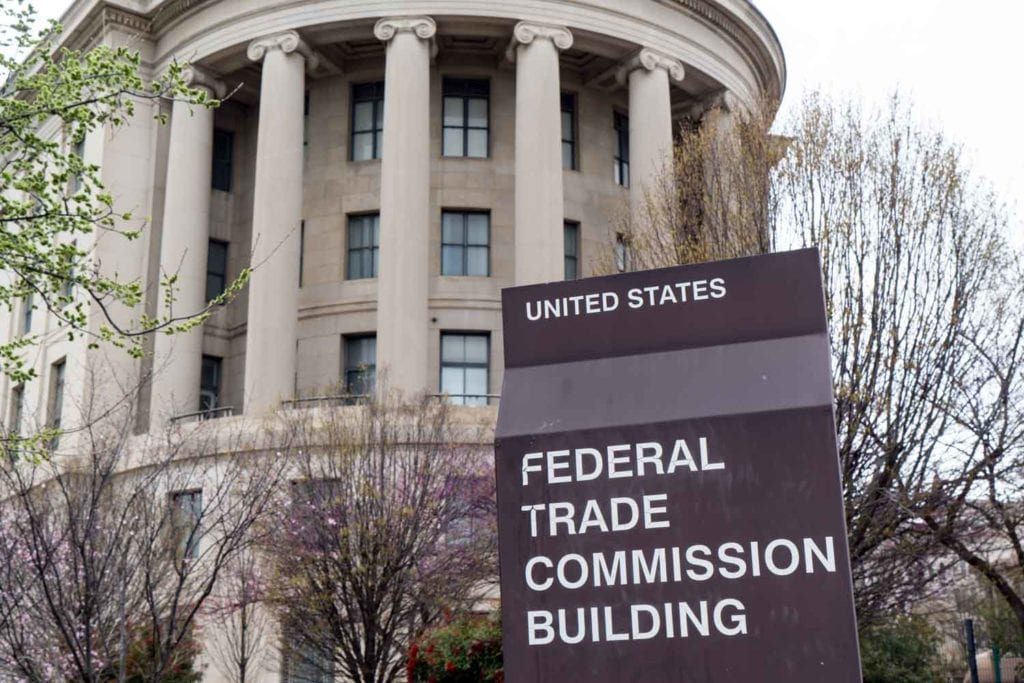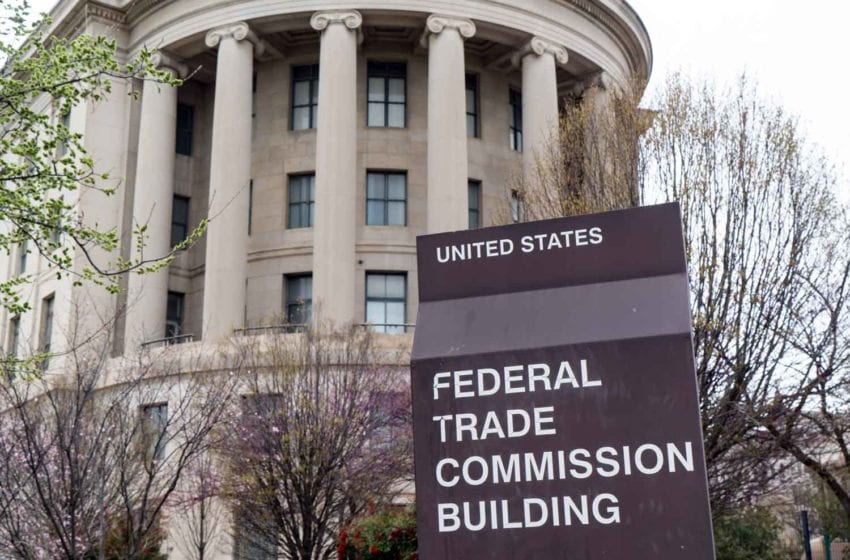
Altria Group Executives have been describing in detail their failure to come up with a marketable vapor product during an antitrust trial, reports The Wall Street Journal. Products leaked, generated high formaldehyde levels and lacked the nicotine smokers were looking for, according to their testimonies.
In April 2020, the Federal Trade Commission (FTC) sued to unwind Altria’s 35 percent interest in Juul Labs, which the cigarette maker acquired in December 2018 for $12.8 billion.
A key question at trial is why Altria ended production of its own e-cigarettes in late 2018, shortly before announcing its investment in Juul.
Altria in October 2018 announced it was halting the sale of its pod-based and fruity-flavored e-cigarettes in response to a call by the Food and Drug Administration for e-cigarette makers to help stem a surge in vaping among children and teens. Then in December of that year, two weeks before the Juul agreement was signed, Altria pulled its remaining e-cigarettes off the market.
The FTC alleges Altria did so because of an illegal side deal in which it agreed to close its own e-cigarette business so it could take a stake in Juul. Altria and Juul both deny they had any such agreement.
Altria says it halted its e-cigarette sales amid pressure from regulators to curb youth use and an internal reckoning about the company’s inability to develop a successful vaping product. Juul says it didn’t see Altria’s e-cigarettes as a threat, didn’t ask Altria to shelve them and was surprised when Altria did so.
Juul and Altria argue that since the deal was struck, competition in the e-cigarette market has increased not decreased. Juul’s market share has fallen as have e-cigarette prices.
The FTC is seeking to force Altria to divest its stake and terminate the companies’ noncompete agreement. The case is being heard by an administrative law judge, who will make an initial decision; the agency’s commissioners will then vote on the matter.











